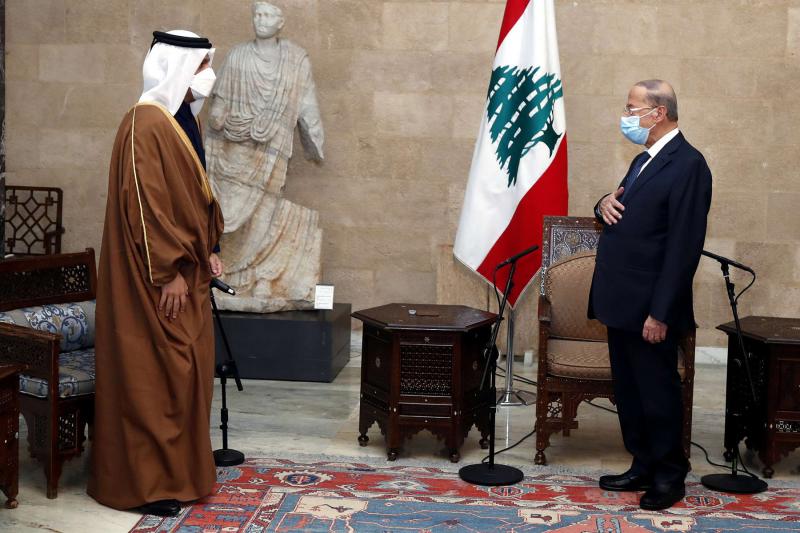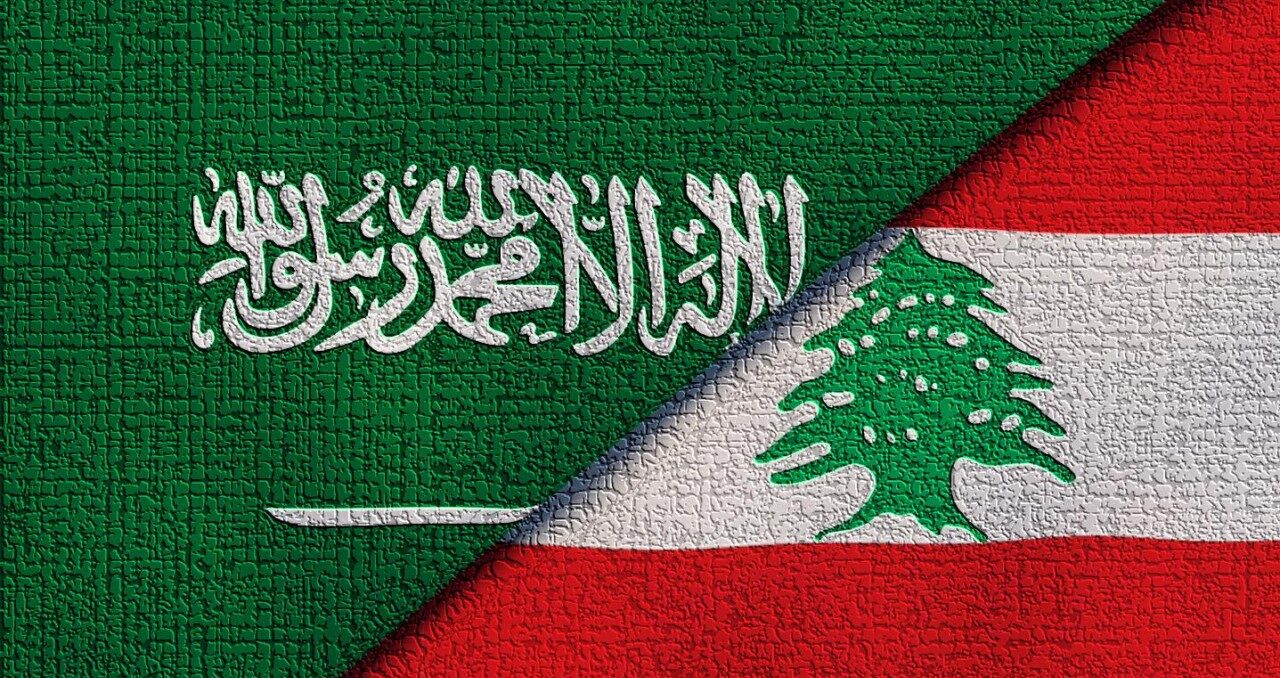The announcement of Saudi Arabia and Qatar Lebanon investment plans has sent ripples across the Middle East, raising hopes for economic revival in Lebanon and sparking debate about its political implications. According to a senior US envoy, Riyadh and Doha are preparing to channel funds into a new economic zone in Lebanon that would be tied to the disarmament of Hezbollah. If successful, this development could reshape Lebanon’s future, reduce regional tensions, and offer a new path forward for a nation grappling with years of crisis.
Background: Lebanon’s Struggle and the Role of Hezbollah
Lebanon has been in the grip of an unprecedented economic and political meltdown since 2019. Hyperinflation, widespread poverty, and collapsing infrastructure have left the nation in dire need of international support. At the heart of Lebanon’s instability is Hezbollah, the Iran-backed armed group and political party, whose influence has deterred Gulf nations from extending major investments in the past.
The Saudi Arabia and Qatar Lebanon investment initiative is seen as a potential breakthrough because it links financial aid directly with Hezbollah’s disarmament. This approach combines economic incentives with political reform, offering Lebanon a unique opportunity to address its most pressing challenges.
US Envoy’s Statement and Diplomatic Signals
The US envoy revealed that negotiations are underway to establish a special economic zone in Lebanon, funded by Saudi Arabia and Qatar. This zone would focus on infrastructure, renewable energy, and job creation, all while being conditional on Hezbollah laying down its arms.
Diplomatic observers view this as a calculated move. By tying investment to disarmament, Washington hopes to create leverage that could push Hezbollah toward demilitarization without direct confrontation. This strategy also positions the Gulf nations as central players in Lebanon’s recovery, aligning them with US interests in curbing Iran’s regional influence.
Why Saudi Arabia and Qatar Are Stepping In
For years, Saudi Arabia and Qatar have taken divergent paths in Middle Eastern diplomacy. However, their shared interest in stabilizing Lebanon appears to be bringing them closer. Analysts point to several key motivations behind the Saudi Arabia and Qatar Lebanon investment:
- Regional Security: Both nations want to reduce Iran’s sway in Lebanon and curb Hezbollah’s military power.
- Economic Opportunities: An economic zone could open doors for Gulf-based companies in construction, energy, and finance.
- Diplomatic Prestige: Playing a pivotal role in Lebanon’s recovery enhances Riyadh and Doha’s influence in international diplomacy.
- US Partnership: Supporting this initiative aligns with American strategic goals in the Middle East.
Potential Benefits for Lebanon
If implemented, the economic zone could deliver much-needed relief to Lebanon’s struggling population. Some projected benefits include:
- Job Creation: Thousands of jobs in construction, energy, and services.
- Infrastructure Renewal: Investments in roads, power grids, and ports.
- Energy Security: Renewable energy projects to address chronic power shortages.
- Financial Stability: A steady inflow of Gulf capital could restore investor confidence.
- Political Reform: The conditional link to Hezbollah’s disarmament might pave the way for stronger state institutions.
Such outcomes would not only uplift Lebanon but also strengthen Gulf ties to Beirut, potentially reintegrating the country into the Arab political and economic fold.
The Challenge of Disarming Hezbollah

Despite the optimism, one cannot overlook the elephant in the room: Hezbollah’s weapons. The group has consistently resisted disarmament, arguing that its military role is essential to defend Lebanon against Israel. Any attempt to link economic aid to disarmament will face stiff resistance, both internally and from Hezbollah’s backers in Iran.
However, international pressure combined with domestic frustration may shift the calculus. Many Lebanese citizens blame Hezbollah’s political dominance for blocking reforms and deepening the crisis. If Saudi Arabia and Qatar provide a clear economic lifeline, Hezbollah may find it difficult to justify its armed status in the face of overwhelming public demand for progress.
Regional Implications of the Investment
The Saudi Arabia and Qatar Lebanon investment initiative is not just about Lebanon—it is a move with wider regional consequences:
- US-Iran Rivalry: Weakening Hezbollah would strike at the heart of Iran’s influence in the Levant.
- Arab Unity: Saudi and Qatari cooperation signals growing reconciliation in the Gulf following years of rivalry.
- Israel’s Calculations: A disarmed Hezbollah would change Israel’s security landscape along its northern border.
- Syrian Dynamics: Hezbollah’s reduced role could alter power balances in neighboring Syria.
This interconnected web of outcomes highlights why global attention is fixed on the initiative.
International Reactions and Concerns
The US has strongly supported the initiative, viewing it as a pragmatic path toward stability. European Union officials have also expressed cautious optimism, noting that Lebanon’s recovery is vital to regional and global security.
However, Iran has voiced strong opposition, framing the plan as foreign interference in Lebanon’s sovereignty. Analysts warn that Tehran may respond by strengthening Hezbollah financially and militarily to counter the disarmament push.
At the same time, Lebanese leaders remain divided. While some welcome the prospect of Gulf investment, others fear that tying aid to political conditions could deepen divisions within the fragile state.
What Comes Next?
The next steps will depend on whether Saudi Arabia, Qatar, and the US can secure a framework agreement with Lebanese authorities and whether Hezbollah is willing to compromise. Negotiations are expected to intensify in the coming months, with quiet back-channel talks likely already in motion.
Key milestones to watch include:
- Formal announcement of the economic zone’s structure.
- Lebanese government’s position on linking investment to disarmament.
- Hezbollah’s initial reaction and internal debates.
- Potential Iranian countermeasures.
- On-the-ground preparations for infrastructure projects.
Conclusion: A Fragile but Historic Opportunity
The Saudi Arabia and Qatar Lebanon investment plan offers Lebanon a fragile but historic chance to turn the page on decades of instability. By tying economic support to Hezbollah’s disarmament, it combines financial incentives with political transformation in a way that has rarely been attempted before.
While enormous challenges remain, the very fact that Saudi Arabia and Qatar are aligning their interests to support Lebanon represents a turning point. If managed carefully, this initiative could ease Lebanon’s suffering, reshape regional alliances, and reduce the grip of armed factions on its politics.
Do Follow Gulf Magazine on Instagram
Also read: Kuwait’s Groundwater Potential Mapped Using Advanced Hybrid Techniques



